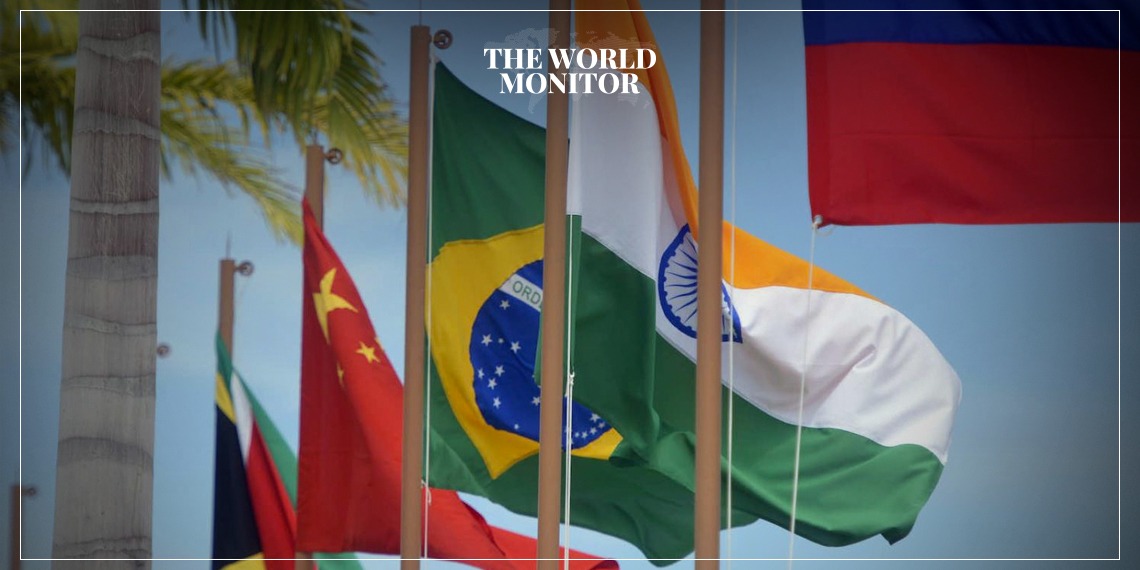On Thursday, leaders of the BRICS group announced the inclusion of six new countries, effective from next year. This addition solidifies the group’s position as an emerging economic giant comprising the world’s largest population clusters and underscores its ambition to reshape the global order.
During their annual summit in Johannesburg, BRICS countries, namely Brazil, Russia, India, China, and South Africa, approved full membership for Argentina, Ethiopia, Iran, Saudi Arabia, Egypt, and the United Arab Emirates, effective from January 1st.
Chinese President Xi Jinping, representing the strongest economy in this non-western bloc that accounts for a quarter of the world’s economy, heralded this membership expansion as a “historic event.”
The induction of these six new countries marks a monumental shift. Not only will it modify the composition of the BRICS group, but it will also significantly enhance its economic influence. Prior to this expansion, the collective economy of BRICS stood at approximately $26 trillion, accounting for around 25.6% of the global economy in 2022. With the new additions, this is projected to rise to about $29 trillion, which will represent nearly 29% of the global economy.
Furthermore, with the membership tally now at eleven, the cumulative population of BRICS nations will exceed 3.67 billion people, approximating half the world’s population. This is a noticeable leap from the previous 40% before the new countries joined. The group’s territorial influence is also set to grow. Pre-expansion, BRICS nations controlled about a quarter of the world’s landmass. Post-expansion, their hold will increase to roughly 32% of the world’s land area.
It’s worth noting that BRICS, a global economic and political alliance, was conceived in 2006. Following a series of foundational meetings, the bloc held its inaugural meeting in Japan in 2008 with its original four members: Brazil, Russia, India, and China. At that time, it was named “BRIC.” South Africa’s inclusion on December 24, 2010, evolved its acronym to “BRICS.”
The recent enlargement further amplifies BRICS’ significance on the global stage, suggesting a shift in economic and political dynamics in the years to come.






